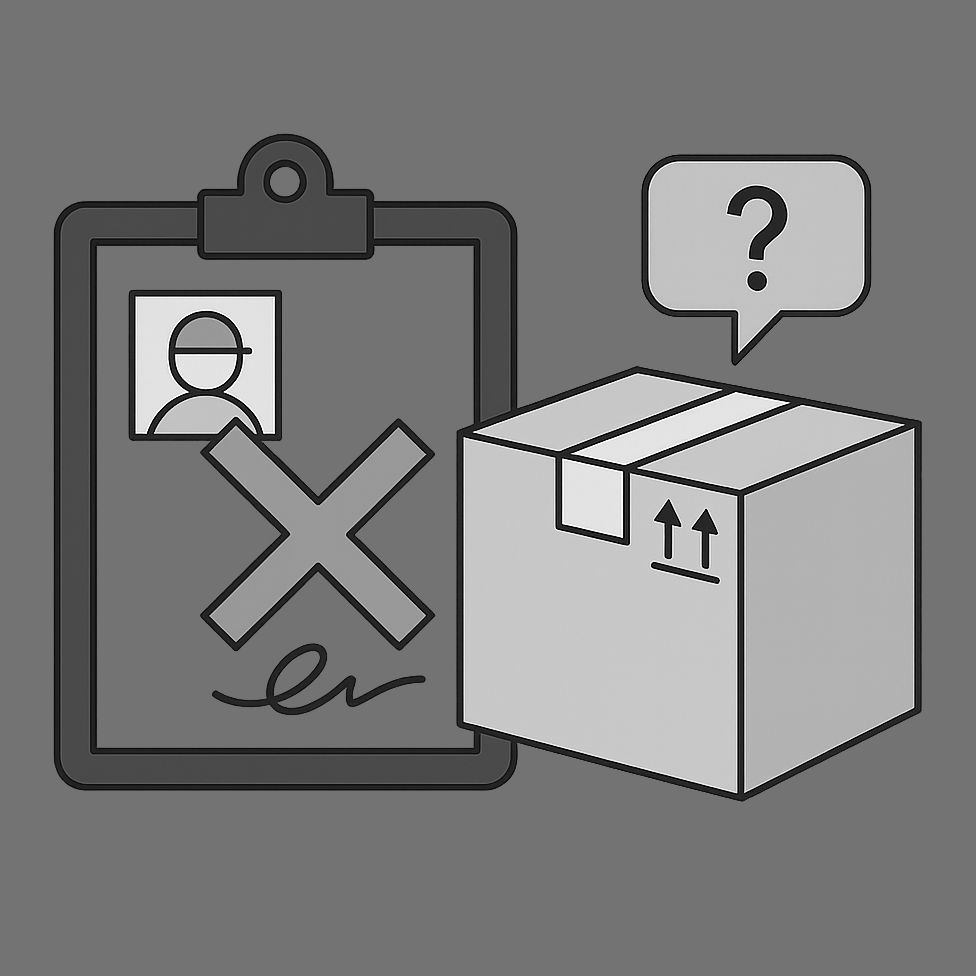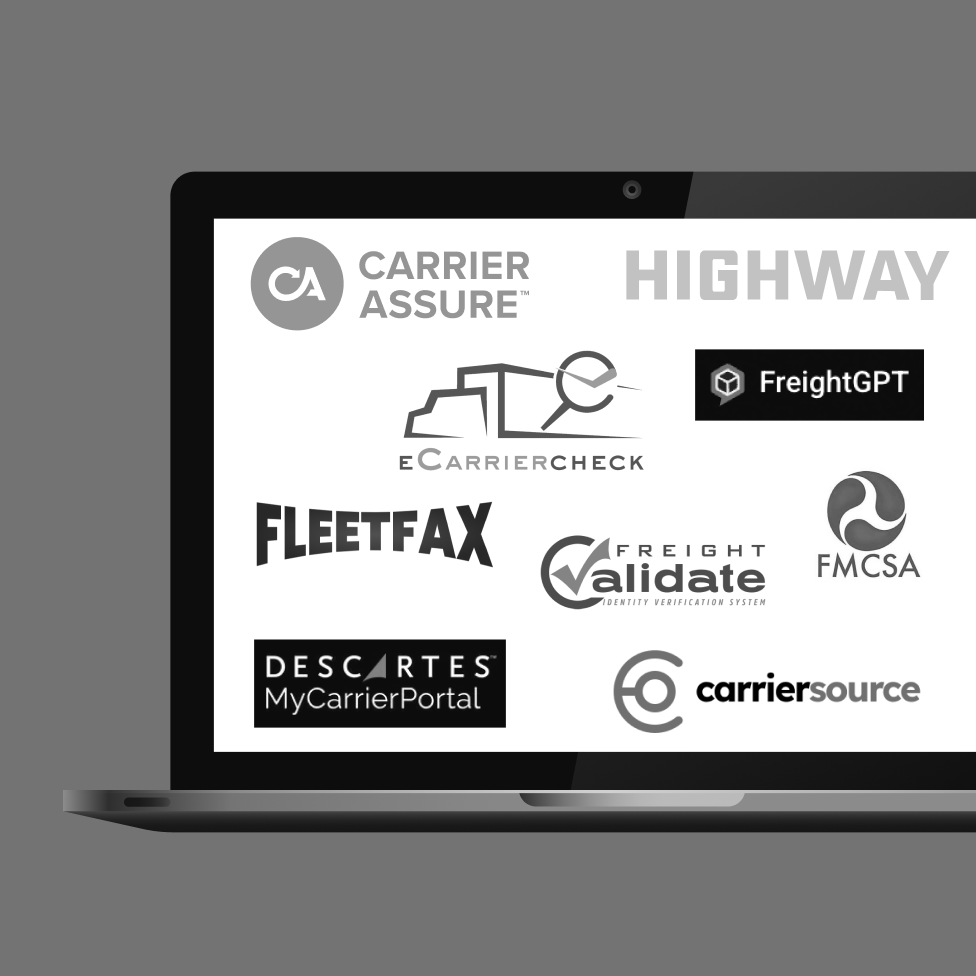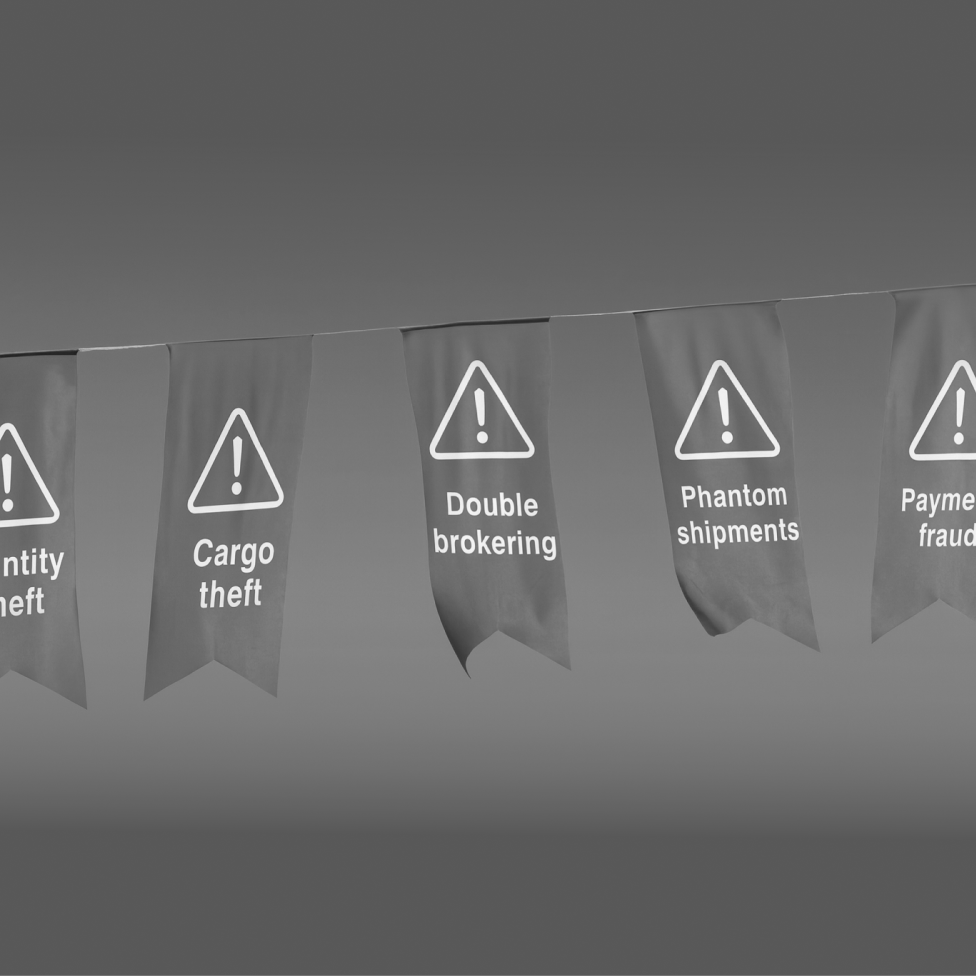It’s no secret that the economy is uncertain at best, and many brokers are feeling the pain. With stories of shipping companies laying off large portions of their workforce or closing entirely, non-recourse factoring starts to sound like a pretty good deal.
Non-recourse factoring is a type of freight factoring where the factor takes on the responsibility of collecting debt in the event of default.
This sounds great for the broker, right? You get paid upfront for your invoices, and have no risk if the customer goes bankrupt.
However many brokers don’t realize that non-recourse debt factoring can add fees, limitations, and restraints to your growth.
In this article, we’ll review the pros and cons of non-recourse factoring, including some of the not-so-obvious downsides that most brokers miss.
What is Non-Recourse Factoring? The Myths and Misconceptions:
On the surface level, non-recourse factoring sounds like a great deal for the broker: Brokers get paid upfront by the factoring company for their invoices, and the factoring company assumes all the risk if the customer doesn’t pay.
The truth is, the risk transfer isn’t total, even if you’re working with the best non-recourse factoring companies.
Many non-recourse factoring companies only cover a broker’s losses in the case of business closure or bankruptcy, and don’t cover the many other reasons a customer might not pay their invoices.
Some of the cases in which brokers are not protected by non-recourse factoring include:
- Disputed invoices.
- Invoices where the customer breaks their contract.
- Non-payment caused by invoices with errors or omissions.
- Customer insolvency from external factors outside their control, such as natural disasters.
- Cases of fraud or illegal activity.
- Insolvency of the factoring company.
- … and more.
On top of the many cases in which an invoice wouldn’t be covered by non-recourse factoring, these agreements also come with higher fees and costs for the broker. While factoring without recourse can reduce your risk, the increased costs may outweigh the benefits.
When comparing full recourse factoring and non-recourse factoring fees, non-recourse factoring often has rates that are 0.5%-1% higher than recourse factoring, which can have a noticeable impact on your cash flow. On top of that, non-recourse factoring often has additional fees such as:
- Additional admin fees.
- New credit check fees.
- ACH and wire transfer fees.
- Monthly minimums that must be met to avoid another fee.
- Termination fees.
- And additional charges for higher-risk clients.
With all of these extra costs, it’s no wonder that most brokers choose to use recourse factoring instead.
Non-recourse factoring companies are selective
We’ve covered the fees, but there are some other not-so-obvious downsides to non-recourse factoring. Since the factor is taking on all of the risks of non-payment, they can dictate which clients they want to work with.
This means that brokers and carriers are often forced to work exclusively with highly reliable clients who have strong credit scores. Brokers may have to turn down clients who don’t meet the factor’s criteria, limiting their customer base.
Conservative credit limits
On top of being unable to take every customer, non-recourse freight factoring also imposes restrictive credit limits which further restrict your business. These limits reduce the factoring company’s risk, but often mean a broker can only factor invoices from certain key accounts.
These restrictions limit a broker’s access to working capital and can increase your overall business risk. During uncertain economic times, improving your volume is one of the best ways to de-risk your business, and non-recourse factoring can prevent that.
A more intrusive relationship for your customers
Brokers often have long-standing and unique relationships with many of their clients, and take these relationships into account when choosing to do business with a particular customer. When a non-recourse factoring company becomes involved in the agreement, these relationships can be thrown out the window.
Most factoring companies will require additional documentation from your customers before taking on their invoices. These requirements can include additional credit checks, financial statements, and more. This can cause brokers to lose long-term clients they trust.
Higher monthly minimum fees
Factoring companies sometimes require minimum monthly volume commitments to avoid paying an additional fee. With full recourse factoring these volumes are usually small, and in some cases there are no monthly minimums at all. There might be certain revenue thresholds to qualify for factoring solutions. Search for a factoring company that offers selective factoring (like flexible factoring with Denim), so you can have control over which jobs you factor.
With non recourse freight factoring these minimums are higher, and so are the fees for not reaching them! This can put brokers in a tricky position: they feel forced to take on more clients or shipments to meet the minimums, but simultaneously have restrictions on their client base imposed by their factoring company.
What’s right for your brokerage?
Before committing to a factoring company, it’s important to understand all of the implications and fine print that can go into a non-recourse factoring agreement. These agreements can provide a safety net if a customer goes bankrupt, but come with burdensome restrictions and fees in exchange.
Most brokers understand that being in this business comes with some element of risk, and the risk of customer default is one of them. Brokers can mitigate these risks by performing credit checks on their customers, diversifying their customer base, and implementing a collections strategy. Using these tactics alongside recourse factoring can be just as effective as non-recourse factoring.
If you’re trying to grow your brokerage, it’s incredibly important to work with a financial partner whose goals are aligned with your own. Fees and limitations on your customer base are the last thing a growing brokerage needs.
At Denim we pride ourselves on providing financial solutions that enable your business to grow. Instead of the restrictions, fees, and limitations imposed by non-recourse factoring, we help brokers win more loads, save time and money, and streamline their operation.
Click here to learn more about how factoring with Denim can help your brokerage reduce costs, improve access to working capital, and grow your business.

Denim’s automated solutions streamline your back-office operations. Explore our solutions to see how Denim can help your business scale efficiently.
There's a better way


.png)




